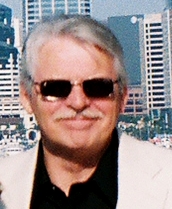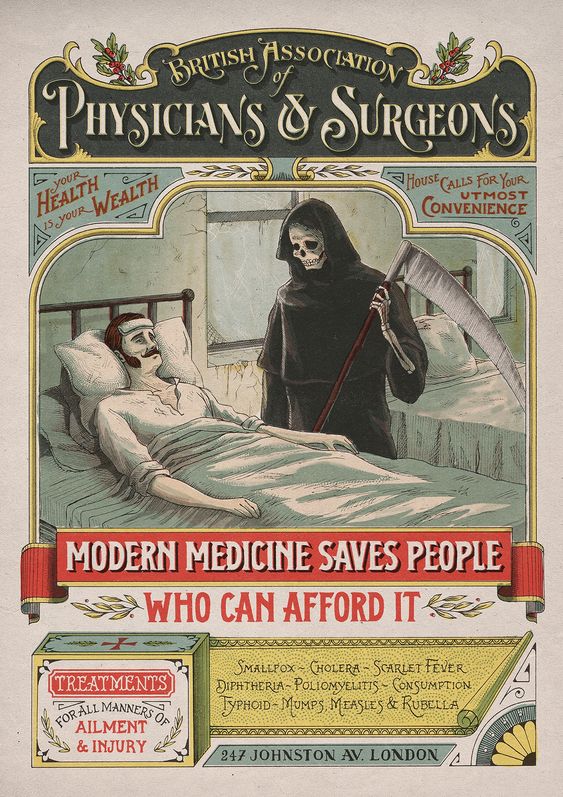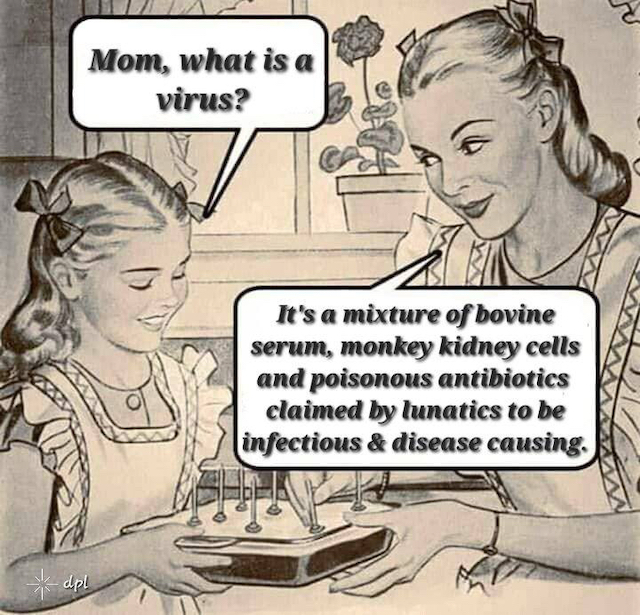Now You Can’t Talk About Alternative Cancer Treatments or PREVENTION of ANY Disease

YouTube: Robot-Eye, Evil-Spy
The Google-owned YouTube video platform is changing the rules again to now prohibit the sharing of information about alternative cancer remedies, which the tech giant says constitute “medical misinformation.”
In a “long term vision” notice on its official blog, YouTube’s Dr. Garth Graham, the Director and Global Head of Healthcare and Public Health Partnership, along with Matt Halprin, the Vice President and Global Head of Trust and Safety, explain how “removing cancer misinformation” is now a top priority alongside removing all contrary information about the Wuhan coronavirus (Covid-19). Continue reading

 According to the American Medical Association,
According to the American Medical Association, 


 For almost five years now I have been writing a weekly and then a Biweekly Preventing Cancer and Nutrition BULLETIN. Recently I had to admit my wife into the Rest home and find it almost too hard to continue writing my BULLETIN. I have enjoyed the wonderful three hundred and fifty friends and family throughout the world that I have had the privilege of knowing and receiving emails over these years. Thank you for your overwhelming response.
For almost five years now I have been writing a weekly and then a Biweekly Preventing Cancer and Nutrition BULLETIN. Recently I had to admit my wife into the Rest home and find it almost too hard to continue writing my BULLETIN. I have enjoyed the wonderful three hundred and fifty friends and family throughout the world that I have had the privilege of knowing and receiving emails over these years. Thank you for your overwhelming response. At the end of 2019, it was reported that
At the end of 2019, it was reported that 
 Concerns are mounting that America may have sleepwalked into a ‘forever chemical’ public health crisis.
Concerns are mounting that America may have sleepwalked into a ‘forever chemical’ public health crisis.
 The personal information of 612,000 Medicare beneficiaries were accessed in a sweeping data breach that affected what could be hundreds of organizations, including the government contractor, Maximus Federal Services.
The personal information of 612,000 Medicare beneficiaries were accessed in a sweeping data breach that affected what could be hundreds of organizations, including the government contractor, Maximus Federal Services. Little by little, pharmacy benefit managers (PBMs) are getting their comeuppance and American consumers are getting their due when it comes to the cost of prescription drugs.
Little by little, pharmacy benefit managers (PBMs) are getting their comeuppance and American consumers are getting their due when it comes to the cost of prescription drugs. What qualities should medical schools look for in future doctors? Probably academic excellence, experience in the medical sector, loyalty to medical ethics, and good interpersonal skills.
What qualities should medical schools look for in future doctors? Probably academic excellence, experience in the medical sector, loyalty to medical ethics, and good interpersonal skills. The number of Americans who suffer permanent consequences from medical misdiagnoses is higher than previously thought, according to a new study, but there are some simple steps you can take to lower your risk.
The number of Americans who suffer permanent consequences from medical misdiagnoses is higher than previously thought, according to a new study, but there are some simple steps you can take to lower your risk.
